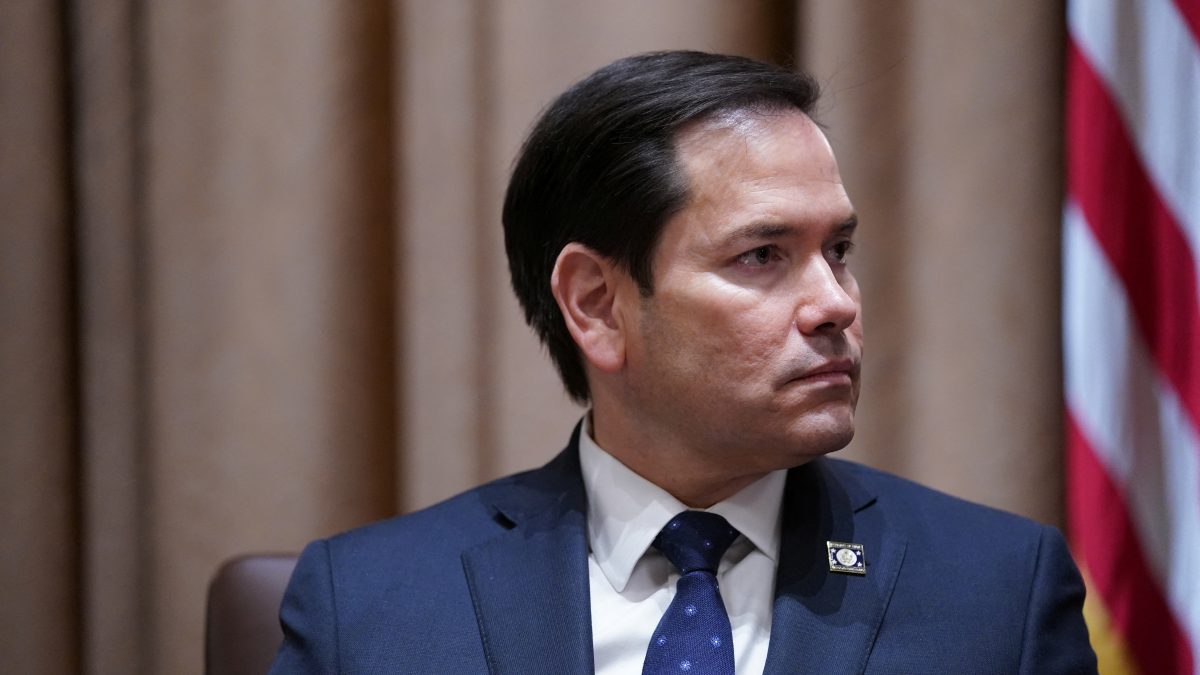US Secretary of State Marco Rubio has acknowledged that targeting China with s econdary sanctions for refining Russian oil could drive up global energy prices, defending Washington’s decision to impose additional tariffs on India for continuing to import crude from Moscow while granting Beijing an extended reprieve.
Speaking to Fox News on Sunday (August 17), Rubio explained why China, Russia’s largest oil buyer, has been spared from punitive measures, while India faces a 50 per cent tariff, including a 25 per cent additional penalty for oil trade with Moscow.
He said much of the Russian oil purchased by Beijing is refined and sold into the global market, and imposing sanctions could disrupt supplies and raise prices.
“Well, if you look at the oil that’s going to China and being refined, a lot of that is then being sold back into Europe. Europe’s also buying natural gas still. Now, there are countries trying to wean themselves off it, but there’s more Europe can do with regard to their own sanctions,” Rubio said in an interview with Fox News.
Sanctions could drive up prices
Rubio cautioned that sanctioning Chinese refiners would have disruptive consequences. “If you put secondary sanctions on a country, let’s say you were to go after the oil sales of Russian oil to China, well, China just refines that oil. That oil is then sold into the global marketplace, and anyone who’s buying that oil would be paying more for it or, if it doesn’t exist, would have to find an alternative source for it,” he explained.
He added that European nations purchasing Russian oil via China have already expressed concern over potential punitive measures. “We have heard, when you talk about the Senate bill that was being proposed — where there was a hundred per cent tariff on China and India, we did hear from a number of European countries… some concern about what that could mean,” Rubio said.
Impact Shorts
More ShortsSecondary sanctions on Europe?
Asked whether Europe could face sanctions for continuing to buy Russian energy, Rubio said, “Well, I don’t know about (sanctions) on Europe directly, obviously, but certainly there are implications to secondary sanctions. If you impose secondary sanctions on a country, as in the case of Russian oil shipments to China, China will simply refine that oil and it will return to the global market. Anyone buying this oil will pay a higher price, or if it is unavailable, they will have to look for alternative sources.”
He reiterated that European nations have already voiced unease over such measures. “When we discussed the Senate bill proposing a 100 percent tariff on China and India, we heard from a number of European countries that they were unhappy with that possibility,” he added.
India-US tensions over Russian oil
Rubio’s comments come after he highlighted India’s energy trade with Moscow as a long-standing irritant in Washington. Speaking to Fox Radio, he said India’s continued purchases of Russian oil were “helping to sustain the Russian war effort in Ukraine” and were “most certainly a point of irritation” in US-India relations, though not the only one.
“India has huge energy needs and that includes the ability to buy oil and coal and gas and things that it needs to power its economy like every country does, and it buys it from Russia, because Russian oil is sanctioned and cheap. In many cases, they’re selling it under the global price because of the sanctions,” Rubio said.
“Unfortunately, that is helping to sustain the Russian war effort. So it is most certainly a point of irritation in our relationship with India, not the only point of irritation. We also have many other points of cooperation with them.”
While the US has refrained from sanctioning China, it has acted aggressively against India. After initially imposing a 25 per cent tariff on Indian goods, President Donald Trump recently doubled it to 50 per cent, penalising New Delhi for persisting with Russian oil imports. The White House also warned that secondary sanctions could follow if India did not alter course.
The move has drawn accusations of double standards, as China continues to import large volumes of Russian oil without facing similar punitive measures. Despite Trump’s repeated threats, India has maintained that its Russian oil purchases have continued and accused Washington of hypocrisy.
)